In the quest for optimal health, dietary choices play a pivotal role. Among the essential nutrients that often take the spotlight, soluble fiber emerges as a hero in promoting overall well-being. But what exactly is soluble fiber, and why is it gaining traction with consumers interested in nutrition? Let’s delve into the world of soluble fiber and break down its remarkable benefits for digestive health and beyond.
Enhancing Digestive Well-being
Soluble fiber is crucial in supporting digestive health by fostering a balanced and efficient gastrointestinal system. Unlike insoluble fiber, which adds bulk to stool and aids in bowel movement regularity, soluble fiber dissolves in water to form a gel-like substance during digestion. This gel softens stools, facilitating smoother passage through the digestive tract.
Additionally, soluble fiber acts as a prebiotic, nourishing beneficial bacteria in the gut microbiota. These microorganisms contribute to digestive health by aiding in the breakdown of food particles, enhancing nutrient absorption, and supporting immune function. By fostering a harmonious balance of gut bacteria, soluble fiber promotes optimal digestive function and overall well-being.
Regulating Blood Sugar Levels
Beyond its impact on digestion, soluble fiber plays a crucial role in regulating blood sugar levels. When consumed, soluble fiber slows down the absorption of glucose into the bloodstream, preventing spikes in blood sugar levels. This steady modulation is particularly beneficial for individuals managing diabetes or those at risk of developing the condition.
Lowering Cholesterol
Soluble fiber also boasts cholesterol-lowering properties, making it a valuable ally in cardiovascular health. The gel-like substance formed by soluble fiber in the digestive tract binds to cholesterol, aiding in its excretion from the body. This process helps to lower LDL (bad) cholesterol levels, reducing the risk of heart disease and stroke.
Supporting Weight Management
In the pursuit of weight management, soluble fiber emerges as a formidable tool. It creates a feeling of fullness and satiety, curbing appetite and reducing overall calorie intake. Incorporating soluble fiber-rich foods into meals can contribute to long-term weight loss goals and promote a healthier relationship with food.
Best Sources of Soluble Fiber
To reap the myriad benefits of soluble fiber, incorporating a variety of fiber-rich foods into your diet is key. Some excellent sources of soluble fiber include oats, barley, legumes, fruits such as apples and oranges, and vegetables like carrots and Brussels sprouts. By diversifying your dietary intake, you can harness the power of soluble fiber and optimize your health from within.






